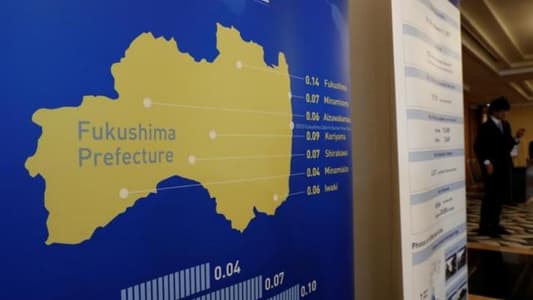Japan seized the last event of its G20 presidency on Friday to reject a South Korean warning about radiation from the ruined Fukushima nuclear plant as a dispute between the neighbors threatened to overshadow the meetings.
Foreign ministers from the Group of 20 (G20) nations gathered in the central Japanese city of Nagoya for two days of talks, just as an intelligence-sharing pact between Japan and South Korea is set to expire.
In a sign of the discord, South Korean Foreign Minister Kang Kyung-wha had yet to officially confirm whether she would attend, although a diplomatic source told Reuters she would be arriving in Nagoya later on Friday.
Relations between Japan and South Korea, both U.S. allies, have been upended by a dispute over history that has spilled into trade and other areas.
South Korea has voiced concern about radioactive contamination from Japan’s Fukushima plant, devastated by a 2011 earthquake and tsunami, but Japan dismissed the worry.
“Go tell your Korean friends it is not true,” one Japanese government official said as she handed out a Korean-language brochure entitled “To Eliminate Groundless Rumours”, which said fish and agricultural produce from Fukushima were safe.
South Korea is set to let an intelligence-sharing pact with Japan lapse on Saturday over their feud, defying U.S. pressure to maintain an important element of trilateral security cooperation in Asia.
A senior South Korean presidential adviser said on Thursday talks were being held with Japan to reach a last-minute resolution.
The dispute has its roots in a decades-old disagreement over compensation for South Korean laborers forced to work at Japanese firms during World War Two. It deepened this year when Japan restricted exports of chipmaking materials to South Korea, threatening to disrupt the global tech supply chain.
South Korea has fired back by raising concern about contamination from the Fukushima nuclear plant, on Japan’s east coast.
The head of South Korea’s nuclear safety agency has said Japan’s reluctance to disclose information about the release of radioactive water from Fukushima has hampered efforts to control the impact.
Japan has responded by having its embassy in South Korea post data on its website to show there was little difference in radiation levels between the two countries.






TWEET YOUR COMMENT